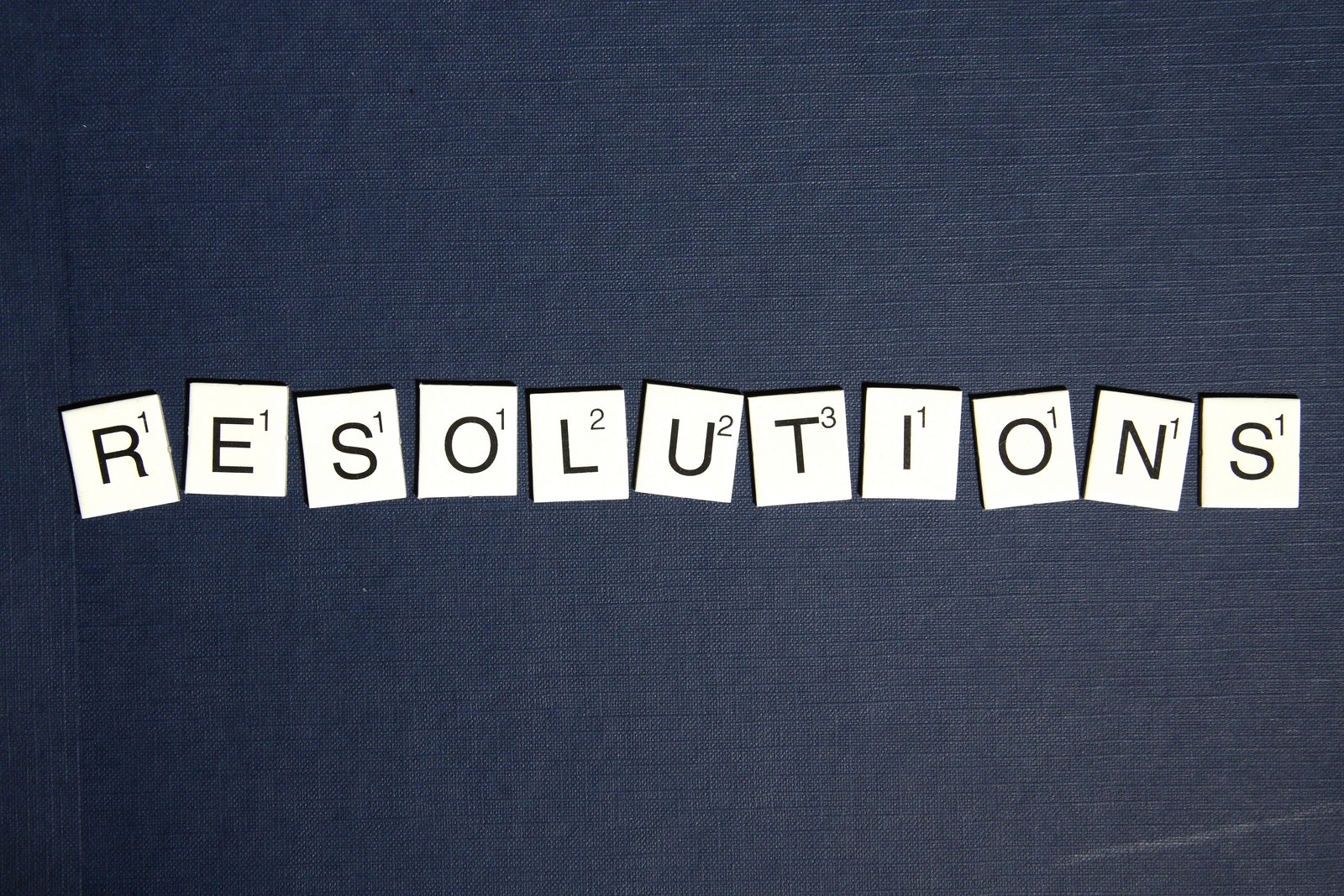The beginning of a new year is a great time to analyze your finances and set new money goals. About 65% of Americans are planning on making a financial New Year’s resolution for 2023. Setting resolutions is relatively easy, but seeing them through to completion can be extremely difficult. Statistically, only about 9% of people keep their New Year’s resolutions. How can you ensure you follow through and achieve your financial goals this year? Here are 3 tips to help you stay on track and keep your promise to yourself.
Maintain a Positive Mindset
Maintaining a positive mindset is key to achieving your financial goals. If you believe you’re going to be among the people who give up on their resolution, you’re more likely to fail.
A recent survey by The Ascent showed that 81% of Americans who set financial resolutions believe inflation will make their goals harder to achieve. Only 20% of goal setters are confident they’ll be able to fulfill their upcoming resolutions. The year hasn’t even started yet, and many Americans are already unsure if they’ll be able to make financial progress in 2023!
There’s no doubt that current economic conditions present a unique challenge for Americans hoping to save money in the new year. However, failure is often a self-fulfilling prophecy. If you believe you’re doomed to fail due to factors outside your control, you won’t be able to muster the motivation and discipline necessary to change the things you have power over.
You can’t change the fact that food prices have increased. But you can make a conscious decision to eat out less and buy cheaper items at the grocery store, such as beans instead of beef. Focus on making small, incremental changes to improve your finances and try not to dwell on inflation. Worrying about the economy will only make you feel worse about your financial situation and zap the willpower and motivation you need to make positive changes in your life.
Build Good Financial Habits
The Ascent’s survey also revealed reasons why goal setters think they’ll fail to achieve their financial resolutions. About a third of respondents fear they won’t be able to maintain the habits necessary to reach their goals.
Breaking old financial habits can be really difficult. If you’re used to getting coffee on the way to work every morning, it will likely be hard to drive past Starbucks without stopping for a latte, especially at first. It takes a lot of willpower to override ingrained, automatic lifestyle habits. You only have a finite amount of willpower, so you may worry that you’ll slip up when you’re having a bad week and jeopardize your financial progress.
But don’t let that stop you from trying. Speaking from experience, it’s possible to build good financial habits as long as you have some backstops to prevent you from falling into old patterns. My favorite way to “force” myself to be more financially disciplined is using the envelope method.
Use the Envelope Method to Hold Yourself Accountable
Using high-limit credit cards for purchases allows you to swipe mindlessly and rack up a balance. Instead, try filling envelopes with the money you plan to spend during the week on essentials (and any extras that are within your budget). I have one envelope for gas, another for groceries, and a third for treats. I put about $80 cash in the food envelope, $60 in the gas envelope, and $20 in the treats envelope for things like fast food.
Once my treats envelope is empty, I know that I can’t go to Burger King. It’s much easier to say no to over-budget impulse purchases when using the envelope method because it’s so black and white. If there’s no more cash left for treats, I can’t afford fast food without borrowing from another envelope and leaving myself short for the month, which I’m unwilling to do. Seeing the empty envelope gives me the reminder and nudge I need to exit the Burger King parking lot and head home.
Find Alternatives to Bad Habits
I also try to keep snacks I like in my car in case I get hungry when I’m out and about. I know I make bad financial decisions regarding fast food when I’m starving, so I make sure I always have nonperishable food I enjoy in the glovebox. If your vice is stopping for coffee when you’re on the road, you might keep caffeine supplements or an emergency energy drink in the car for those days when you feel tempted to cave and get Starbucks.
Over time, your new, better financial habits will become ingrained, so you may not need these backstops forever. But in the beginning while you’re trying to rewire your brain and change your lifestyle, it’s a good idea to strategize and come up with ways to prevent yourself from falling into familiar routines on bad days.
Set Realistic, Measurable Goals
My final tip to help you achieve your financial resolutions is to set realistic, measurable goals instead of lofty ones. The internet is full of articles and videos about super savers who manage to sock away half of their income or more. But for most of us, saving tens of thousands of dollars per year just isn’t possible. Saying you’re going to pay off $20,000 of debt this year sounds impressive, but could be hard or impossible to achieve in practice depending on your income level and expenses.
Setting idealistic goals that sound like they were plucked from a CNBC headline won’t help you make financial progress in 2023. It’s better to start small and make resolutions you can actually achieve based on your current salary and financial reality.
It’s also important to make sure your goals are measurable. If your resolution is to build up your emergency fund, set a specific dollar amount you want to save every month and make a plan to get there. Figure out which subscriptions you have to cancel or extras you have to cut back on in order to save that much money every month, and follow through. Don’t count on money that may or may not materialize, such as bonuses or tax returns, to achieve your goal.
What are your financial resolutions for 2023? Share them in the comments below!
Read More
Why I Have High-Deductible Health Insurance
My Financial New Year’s Resolutions For 2023
My Favorite Personal Finance TV Shows

Vicky Monroe is a freelance personal finance and lifestyle writer. When she’s not busy writing about her favorite money saving hacks or tinkering with her budget spreadsheets, she likes to travel, garden, and cook healthy vegetarian meals.

I’m going too get the envelope method for saving a specific amount of money each month for my emergency fund. Like you were saying just looking at the envelope is a reminder of the goal.